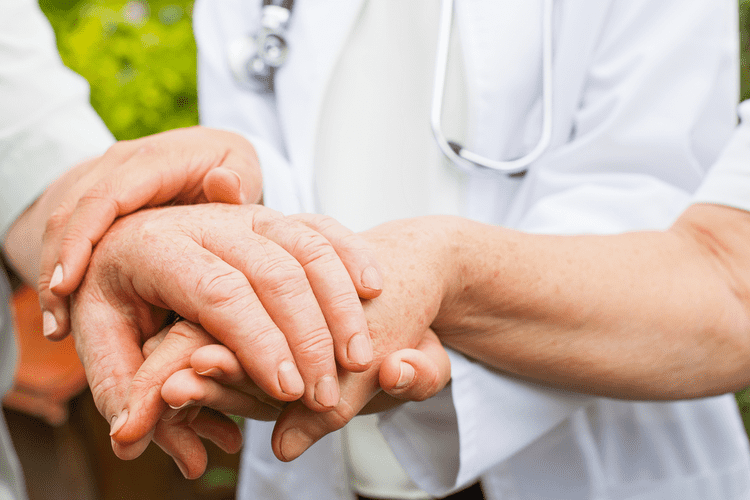Members learn how beliefs keep them stuck and emotions trigger them to use alcohol or substances. Finding pleasure in other activities is one cornerstone of the program. SMART support group meetings are available worldwide and focus on self-empowerment and making healthy lifestyle changes. They are designed to help you learn ways to change your approach to life so that you don’t need addictive behaviors to cope. In other words, once you become happier and more content with your daily life, substance use won’t need to be a part of it. Another essential element of your plan to quit drinking is to identify the barriers or obstacles that might make achieving your goals more difficult.
I stopped drinking three months ago – it’s not as simple as the internet makes it look – The Guardian
I stopped drinking three months ago – it’s not as simple as the internet makes it look.
Posted: Sat, 30 Mar 2024 06:01:00 GMT [source]
“Try doing a ‘dry’ month like Dry January, Go Dry for July or Sober October,” says Moore. In January 2020, more than 6 million people reportedly participated in Dry January, https://ecosoberhouse.com/article/is-cannabidiol-addictive-the-effects-of-cbd/ a campaign to reduce alcohol consumption organized by Alcohol Change UK. Follow-up research suggested that most tended to drink in healthier amounts afterward.
MORE: Woman says she got pregnant while on Mounjaro: What to know about weight loss drugs and pregnancy
If that’s where you’re setting your expectations, you might feel like you gave up something you loved (getting really drunk) for no good reason, even when that’s objectively not true. One way to combat that feeling, Dr. Koob says, is to check in with yourself after a few months of sobriety to take stock of the benefits you’re reaping. The entire treatment model is based on evidence-based addiction treatment and the delivery of high-quality care. When you first stop drinking, your body will begin to detoxify itself. This can lead to withdrawal symptoms, including anxiety, tremors, sweating, and nausea.
Remind yourself of the adverse long-term effects of heavy drinking and how it won’t really make you feel better, even in the short term. Cravings for alcohol can be intense, particularly in the first six months after you quit drinking. Good alcohol treatment prepares you for these challenges, helping you develop new coping skills to deal with stressful situations, alcohol cravings, and social pressure to drink. Lean on close friends and family – Having the support of friends and family members is an invaluable asset in recovery. If you’re reluctant to turn to your loved ones because you’ve let them down before, consider going to couples counseling or family therapy. Make a note about how you feel physically and mentally on these days—recognizing the benefits may help you to cut down for good.
How to Stop Drinking
This way, you can share your successes with them, and they’ll understand why you’ve started turning down drinks or trips to the pub. Being dependent on alcohol means you feel you’re not able to function without it and means How to Stop Drinking stopping drinking can causes physical withdrawal symptoms like shaking, sweating or nausea. If you have these symptoms when you don’t drink, it could be dangerous to stop drinking too quickly without proper support.
Your peers can offer understanding and advice and help keep you accountable. This guide has lots of practical tips on how you can stop drinking and the benefits you can expect. You can also find out about the withdrawal symptoms you could experience if you move from drinking heavily to not drinking at all, and advice on where to get support.



